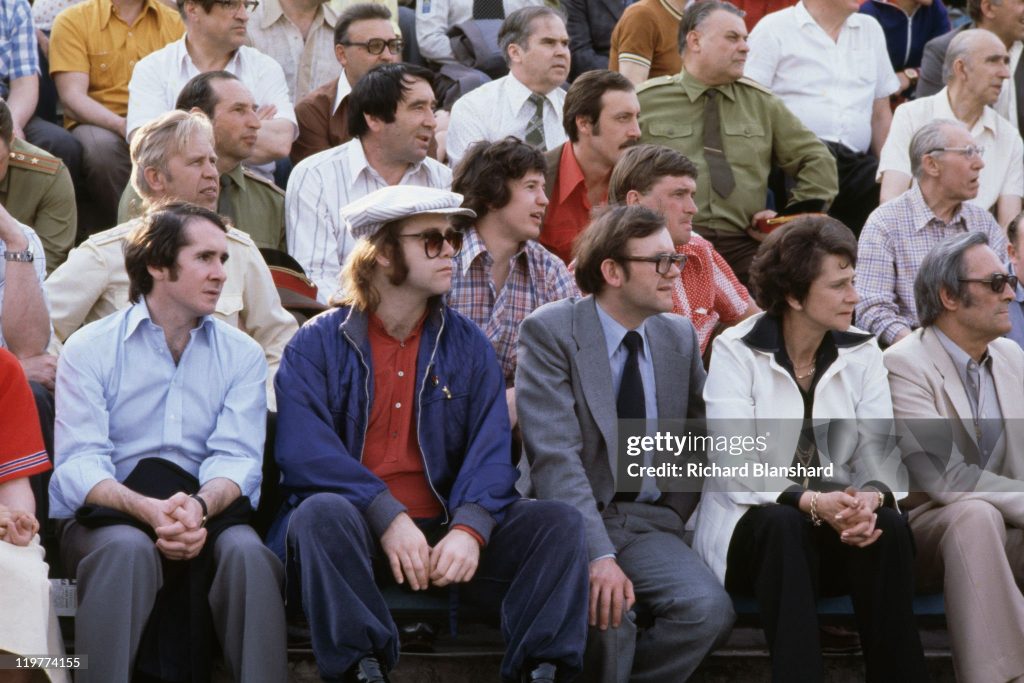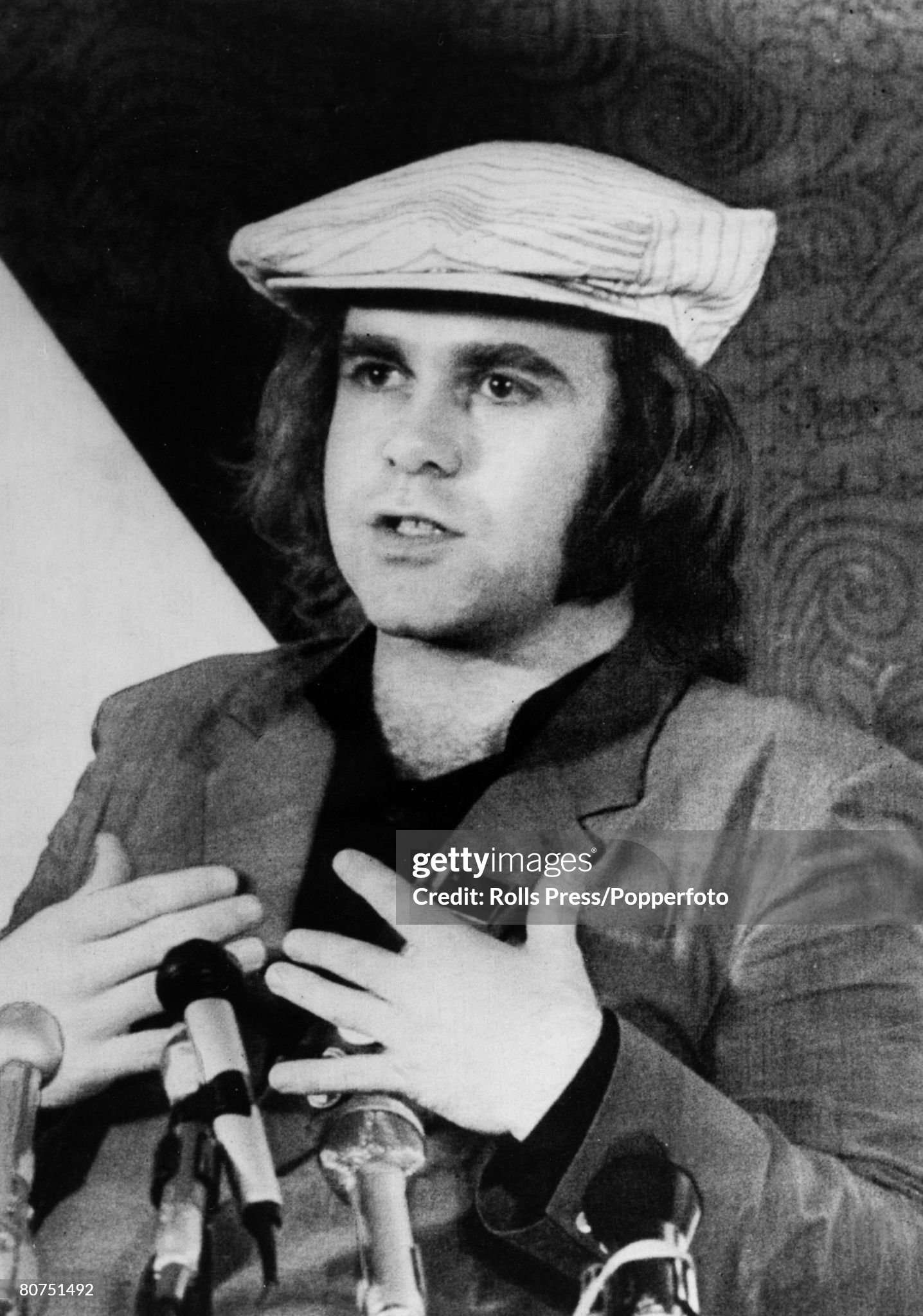
A Nostalgic Farewell to Illusions and Dreams
In 1973, the world was graced with a song that would transcend generations, touching the hearts of many with its poignant reflection on dreams and reality. “Goodbye Yellow Brick Road,” performed by the legendary Elton John, is more than just a melody; it is a tapestry woven with threads of nostalgia, yearning, and introspection. Released as the title track of his seventh studio album, this masterpiece quickly climbed the charts, peaking at number two on the Billboard Hot 100 in the United States and capturing the attention of music lovers worldwide.
The song’s lyrics, penned by Elton John’s longtime collaborator Bernie Taupin, tell a story that resonates deeply with anyone who has ever felt the tug of conflicting desires—between the allure of fame and fortune and the yearning for simplicity and authenticity. The “Yellow Brick Road” itself is a powerful metaphor, borrowed from L. Frank Baum’s beloved tale, “The Wizard of Oz.” It represents the path to fantastical dreams, the journey toward what we imagine will bring us happiness and fulfillment.
However, as Taupin’s words unravel, it becomes evident that this road is not paved with gold. Instead, it leads to a realization that what once seemed like a dream can become a gilded cage. The protagonist yearns to return to a simpler life, away from the superficial trappings of success. There is an aching beauty in this admission—a recognition that sometimes, in our pursuit of dreams, we lose sight of what truly matters.
Musically, “Goodbye Yellow Brick Road” is a triumph of composition. Elton John’s piano work is nothing short of exquisite, each note resonating with emotion and purpose. The arrangement is lush yet understated, allowing John’s voice to soar with both power and vulnerability. The melody carries listeners along on its journey, echoing the bittersweet sentiments of Taupin’s lyrics.
When listening to this song, many are transported back to their own crossroads moments in life—those times when choices had to be made between ambition and contentment. For older listeners, it evokes memories of youthful dreams and the roads taken or not taken. It reminds us all of the inevitability of change and growth, and how these changes shape who we become.
The album “Goodbye Yellow Brick Road” itself is often hailed as one of Elton John’s finest works. It captures a period in music history when artists were boldly exploring new sounds and themes. Within this context, “Goodbye Yellow Brick Road” stands out as both a personal statement from John and Taupin and as a universal anthem for anyone who has ever questioned their path.
As you listen to Elton John’s soulful performance, you might find yourself reflecting on your own life’s journey—on dreams pursued or abandoned, on paths chosen or left behind. Perhaps you’ll recall moments when you too wished to escape the noise of modern life in search of something more meaningful.
In closing, “Goodbye Yellow Brick Road” remains an enduring piece of musical artistry not just because of its beautiful composition or poignant lyrics but because it speaks to a fundamental human experience: the quest for identity amidst life’s myriad distractions. Whether you’re hearing it for the first time or revisiting it after many years, its message rings true—inviting each listener to pause, reflect, and maybe even say their own quiet goodbye to roads less traveled.
